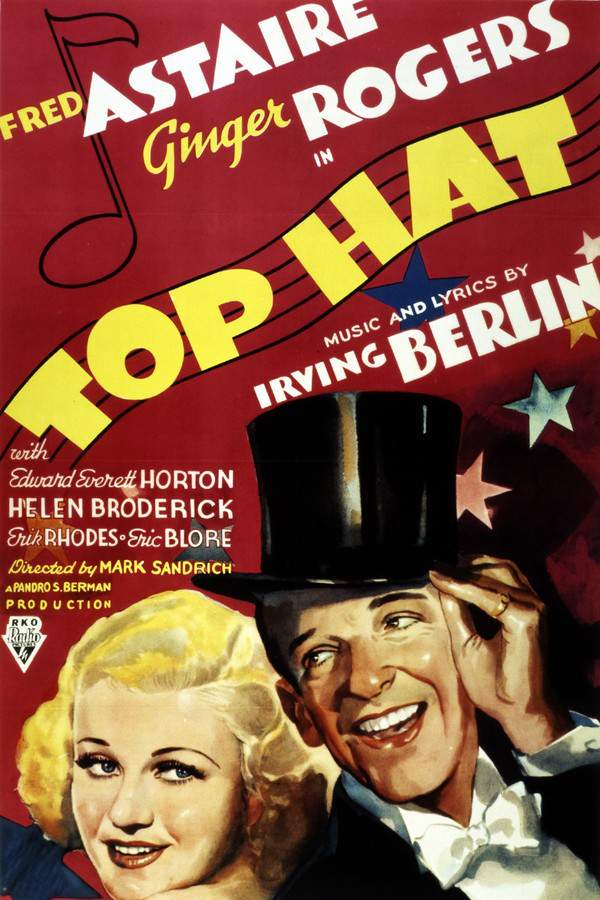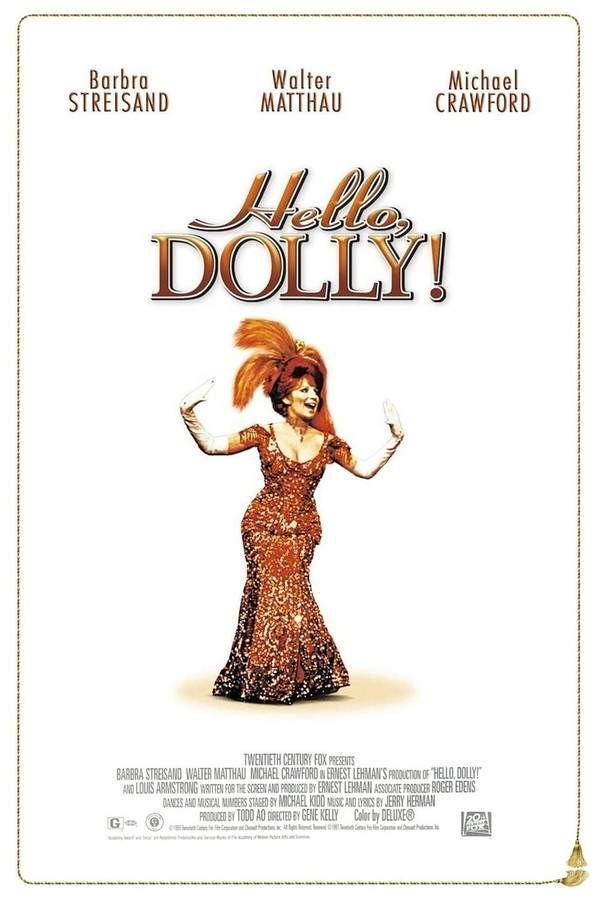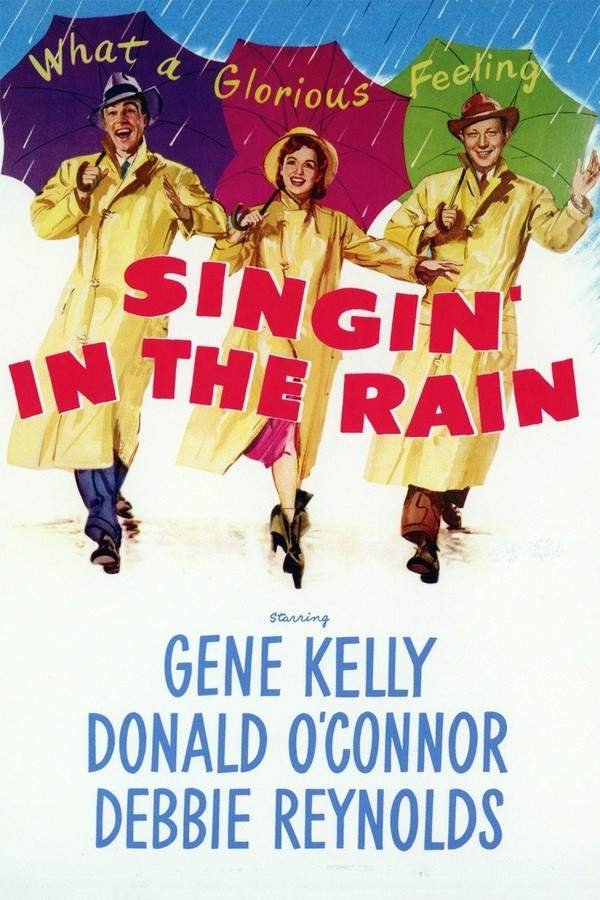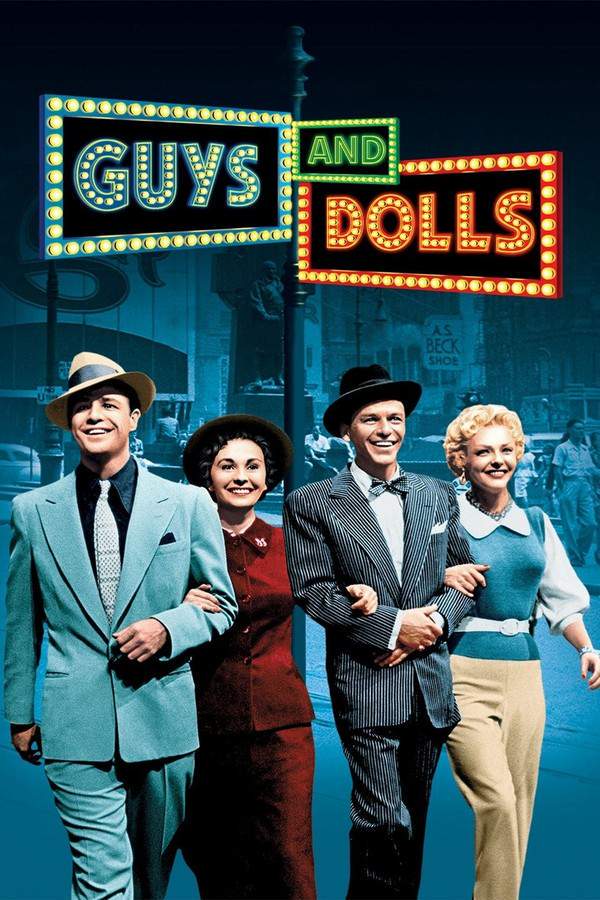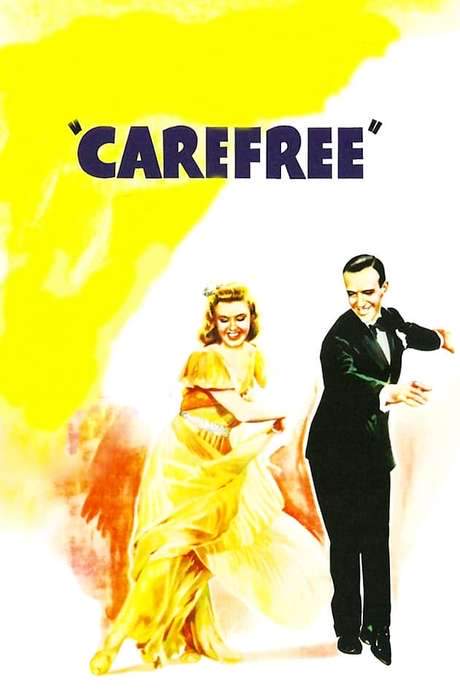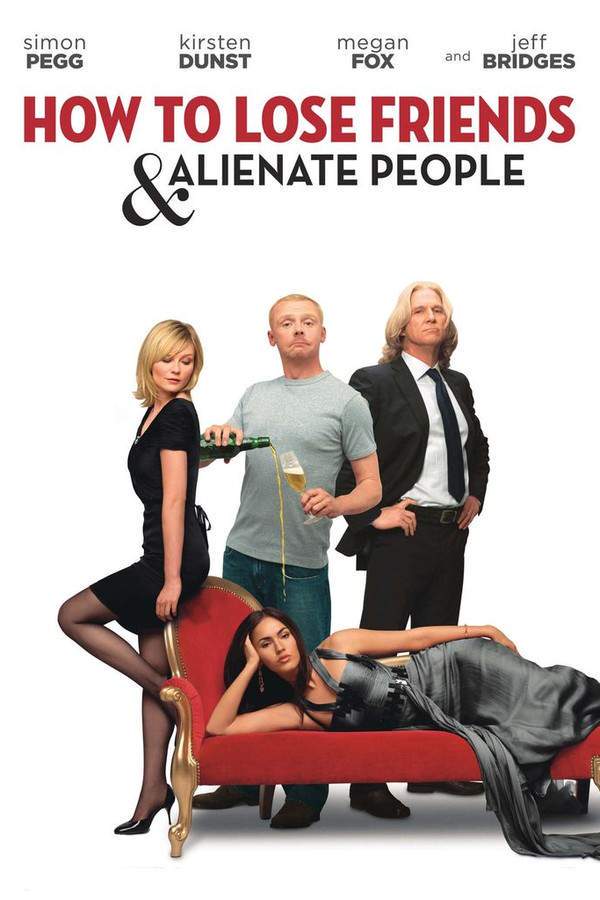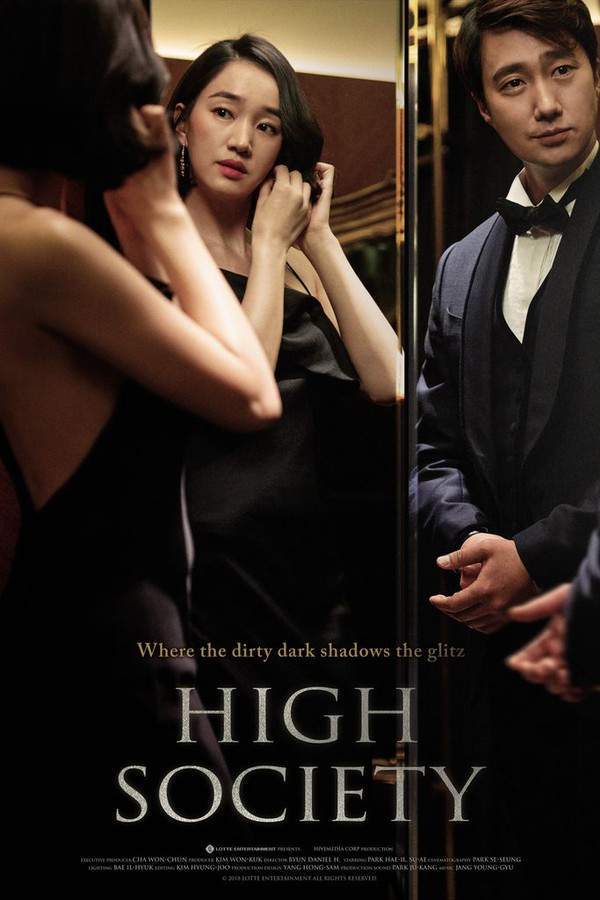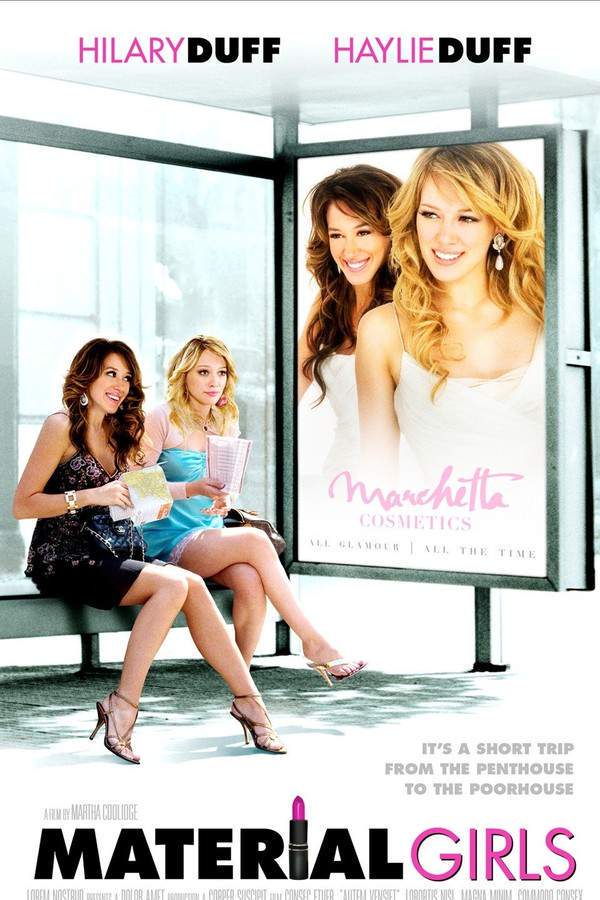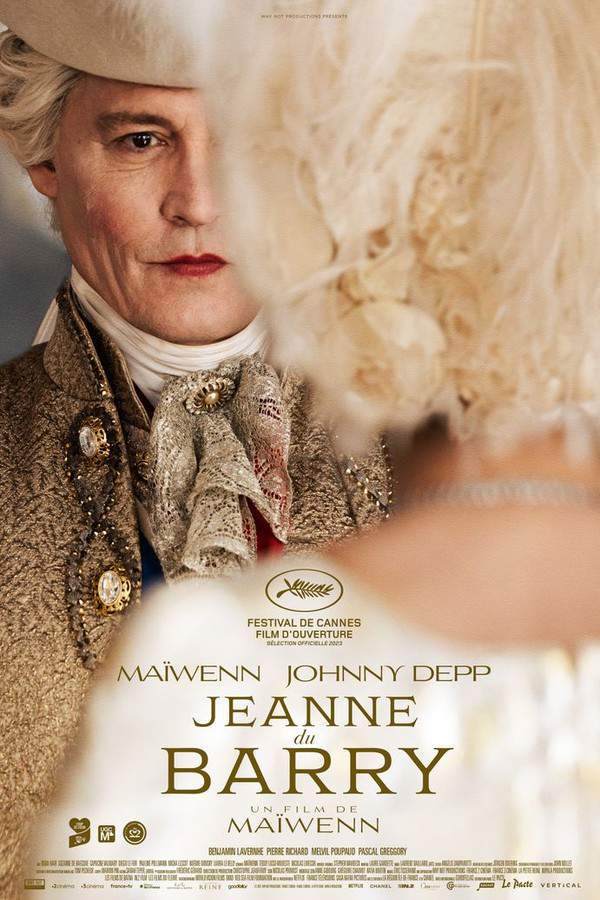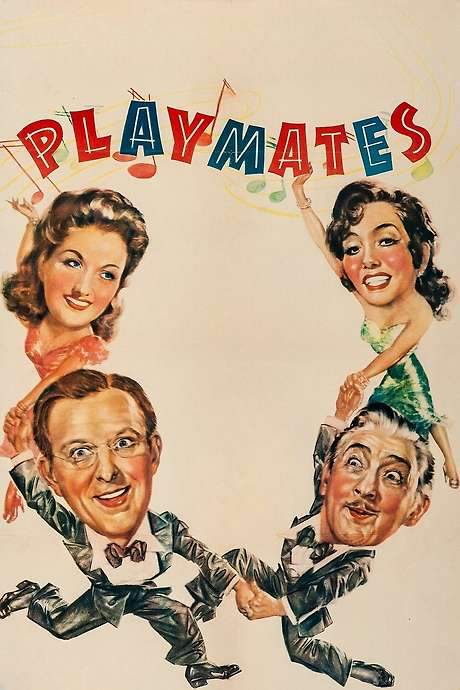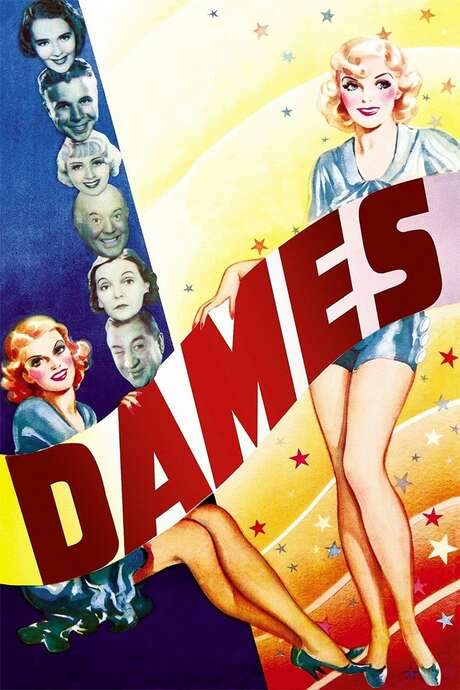
Du Barry Was a Lady
Year: 1943
Runtime: 101 mins
Language: English
Director: Roy Del Ruth
Hat‑check attendant Louis Blore is smitten with nightclub star May Daly, who prefers a poor dancer but wants a wealthy marriage. When Louis wins the Irish Sweepstakes, he proposes; May accepts even though she doesn’t love him. After a head injury, Louis dreams he is King Louis XV, pursuing the infamous Madame Du Barry.
Warning: spoilers below!
Haven’t seen Du Barry Was a Lady yet? This summary contains major spoilers. Bookmark the page, watch the movie, and come back for the full breakdown. If you're ready, scroll on and relive the story!
Du Barry Was a Lady (1943) – Full Plot Summary & Ending Explained
Read the complete plot breakdown of Du Barry Was a Lady (1943), including all key story events, major twists, and the ending explained in detail. Discover what really happened—and what it all means.
Nightclub singer May Daly, Lucille Ball, is at the center of a comic, dream-tinged flirtation with wealth and romance. She attracts a crowd of admirers at the club, including the steady, practical Louis Blore, Red Skelton, and the club’s own magnetic master of ceremonies Alec Howe, Gene Kelly. Among her fan club is the mysterious and glamorous Perfume Girl, Ava Gardner, a figure who glimmers in the background of May’s ambitions. May loves Alec, but she clings to a plan shaped by her poor upbringing: marry someone rich and secure a life of elegance she’s never known.
The tension between love and money comes to a head after a party mishap. A salad spill drapes Willie with shame, and May postpones her plans to attend a soirée. She ends up on the subway with Louis Blore, a chance pairing that forces her to confront the reality of settling for someone who offers security rather than romance. On the train, Louis and an elderly woman provoke May to reexamine her stance on marriage, money, and happiness, a shift that foreshadows the comic yet sharp satire of the night.
The next morning brings a startling twist: a telegram announces Louis has won a prize of $150,000 in the Irish Sweepstakes. He confesses his love, and Alec teases May about the possibility that she now has a reason to choose Willie over a fortune. May, however, bluntly reveals that her interest in Louis is tied to money, and Louis seems oddly content with this candid honesty—at least at first. The prospect of wealth unsettles May’s loyalties, and the dynamics among the trio become ripe for upheaval as Mae weighs affection against affluence.
A drugged drink sends Louis into a vivid, sprawling dream in which he becomes King Louis XV at Versailles. In this fantastical sequence, May is Madame Du Barry, Alec is the Robin Hood-like Black Arrow, Willie embodies the Duc de Rigor, and a waiter named Charlie plays the Dauphin. The dream drips with glamour and danger as Louis acclimates to the privileges of rulership and the seductive pull of power. Du Barry warns of the fragility of privilege, and the pursuit of a high-born life draws them into a tense cat-and-mouse with royal guards. The dream blurs morality with desire, and Louis experiences a striking collision of fantasy and consequence when he tumbles off a cliff after being spotted in a moment of vulnerability.
The dream shifts again to the underground world where the Black Arrow leads a populist charge against the greed of the crown. Du Barry’s alliance with the rebels complicates the power dynamic, and Louis witnesses a landscape where loyalty and ambition collide. The sequence crescendos with a clandestine confrontation, a chase, and a swift, fateful twist that ends with Louis witnessing both treachery and mercy in equal measure. The court’s brutal logic—justice meted with force—unfolds in a manner that unsettles Louis and, by extension, May’s understanding of wealth and romance.
When Louis wakes, he is met by Ginny, a club singer who has openly pursued him, and the real world’s practicality comes crashing back in. Louis tries to play peacemaker, urging May and Alec toward a wedding, a gesture meant to stabilize life after the night’s madness. But May has shifted; her perspective on money and marriage has evolved, and she chooses to marry Alec despite Louis’s lingering offer of wealth. Their decision is marked by a stark new reality: a tax collector arrives, demanding the remaining balance of Louis’s windfall—$80,000—adding a final, satirical sting to a tale about gold’s allure and the cost of dreams.
In the end, the narrative remains a delicate balancing act between glittering fantasy and grounded consequence. The dream’s lavish imagery lingers as a counterpoint to the subway’s humdrum, the party’s laughter, and the taxman’s call. May’s choice underscores a simple, stubborn truth: money can glitter, but it does not necessarily buy happiness, and love, when tested by wealth, may still prove to be the truest thrill of all. The film keeps its tone light and observant, using the surreal dream sequence to explore wishful thinking and the price of vanity, while the everyday world reminds us that genuine connection endures beyond fortune.
Last Updated: October 07, 2025 at 09:39
Explore Movie Threads
Discover curated groups of movies connected by mood, themes, and story style. Browse collections built around emotion, atmosphere, and narrative focus to easily find films that match what you feel like watching right now.
Movies with Wish-Fulfilling Dreams like Du Barry Was a Lady
Characters escape their troubles through elaborate, wish-fulfilling dream sequences.If you enjoyed the extravagant Versailles dream sequence in Du Barry Was a Lady, you'll like these movies where characters escape into elaborate fantasies. This list features similar comedies and musicals that use dream sequences as a whimsical plot device to explore themes of love, ambition, and social climbing.
Narrative Summary
Stories in this thread typically feature a protagonist dissatisfied with their ordinary life who experiences a vivid, often comedic or romantic, dream. This dream world acts as an allegory for their real-world conflicts, leading to a lighthearted resolution where they return to reality with newfound clarity, often making a happier choice.
Why These Movies?
These films are grouped together for their shared use of dream logic as a central narrative device, their light and whimsical tone, and their focus on wish-fulfillment and escapism. They balance romantic or comedic fantasy with a gentle grounding in reality.
Satirical Romantic Comedies like Du Barry Was a Lady
Sparkling comedies that gently mock the upper class while delivering romance.For fans of the glamorous nightclub satire and romantic plot in Du Barry Was a Lady, this list highlights similar movies that blend romance with a gentle mockery of high society. Discover other comedies and musicals where love triumphs over wealth in a stylish, humorous way.
Narrative Summary
The narrative pattern involves a charming but perhaps misguided protagonist navigating a world of wealth and performance, often symbolized by settings like nightclubs or lavish parties. The story humorously critiques social climbing and materialism, ultimately affirming the value of authentic emotion and leading to a happy romantic resolution.
Why These Movies?
This thread unites movies through their specific blend of a light romantic comedy structure with satirical elements aimed at class and wealth. The experience is defined by a glamorous aesthetic, a playful tone, and a central theme of love vs. money.
Unlock the Full Story of Du Barry Was a Lady
Don't stop at just watching — explore Du Barry Was a Lady in full detail. From the complete plot summary and scene-by-scene timeline to character breakdowns, thematic analysis, and a deep dive into the ending — every page helps you truly understand what Du Barry Was a Lady is all about. Plus, discover what's next after the movie.
Du Barry Was a Lady Timeline
Track the full timeline of Du Barry Was a Lady with every major event arranged chronologically. Perfect for decoding non-linear storytelling, flashbacks, or parallel narratives with a clear scene-by-scene breakdown.

Characters, Settings & Themes in Du Barry Was a Lady
Discover the characters, locations, and core themes that shape Du Barry Was a Lady. Get insights into symbolic elements, setting significance, and deeper narrative meaning — ideal for thematic analysis and movie breakdowns.

Du Barry Was a Lady Spoiler-Free Summary
Get a quick, spoiler-free overview of Du Barry Was a Lady that covers the main plot points and key details without revealing any major twists or spoilers. Perfect for those who want to know what to expect before diving in.

More About Du Barry Was a Lady
Visit What's After the Movie to explore more about Du Barry Was a Lady: box office results, cast and crew info, production details, post-credit scenes, and external links — all in one place for movie fans and researchers.

Similar Movies to Du Barry Was a Lady
Discover movies like Du Barry Was a Lady that share similar genres, themes, and storytelling elements. Whether you’re drawn to the atmosphere, character arcs, or plot structure, these curated recommendations will help you explore more films you’ll love.
Explore More About Movie Du Barry Was a Lady
Du Barry Was a Lady (1943) Scene-by-Scene Movie Timeline
Du Barry Was a Lady (1943) Movie Characters, Themes & Settings
Du Barry Was a Lady (1943) Spoiler-Free Summary & Key Flow
Movies Like Du Barry Was a Lady – Similar Titles You’ll Enjoy
Jeanne du Barry (2024) Story Summary & Characters
Madame DuBarry (1919) Full Summary & Key Details
Playmates (1941) Full Summary & Key Details
You Were Never Lovelier (1942) Full Summary & Key Details
Earl Carroll Vanities (1945) Spoiler-Packed Plot Recap
Madame du Barry (1954) Story Summary & Characters
Wonder Bar (1934) Movie Recap & Themes
Broadway Melody of 1936 (1935) Complete Plot Breakdown
Lovely to Look At (1952) Plot Summary & Ending Explained
Madame du Barry (1934) Film Overview & Timeline
Dancing Lady (1933) Story Summary & Characters
Bardelys the Magnificent (1926) Complete Plot Breakdown
Du Barry, Woman of Passion (1930) Story Summary & Characters
Monte Carlo (1930) Spoiler-Packed Plot Recap
Dames (1934) Plot Summary & Ending Explained

